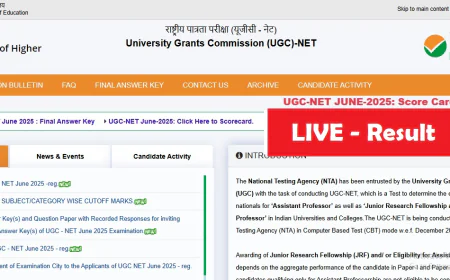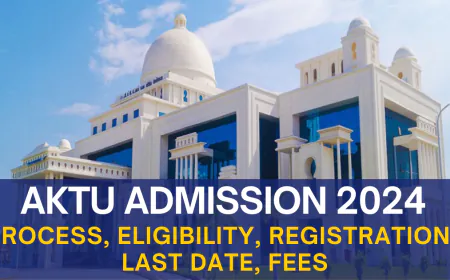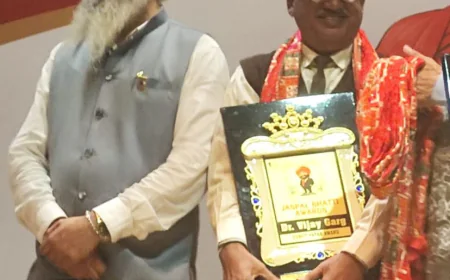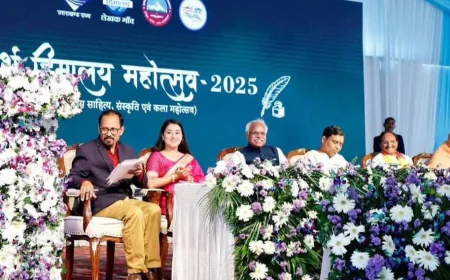Noble Prize-Winner Demis Hassabis on What AGI Could Mean for Humanity

Noble Prize-Winner Demis Hassabis on What AGI Could Mean for Humanity
Sir Demis Hassabis, CEO and co-founder of Google DeepMind and co-recipient of the Nobel Prize in Chemistry (for the AI system AlphaFold, which predicts protein structures), views the development of Artificial General Intelligence (AGI) as a civilizational inflection point—a technology that could be the most beneficial and disruptive in human history. Hassabis defines AGI as a system that possesses broad, flexible intelligence capable of reasoning, learning, planning, and generalizing across domains, much like a human. He has suggested a timeline for AGI's arrival of five to ten years. The Vision of Radical Abundance Hassabis's outlook for AGI is overwhelmingly optimistic regarding humanity's most complex challenges.
He frequently describes the potential impact of AGI as a change that will be "10 times bigger than the Industrial Revolution—and maybe 10 times faster." Key areas where he believes AGI will bring about a future of "radical abundance" include: * Scientific Discovery: AGI will act as a "super-tool" for scientists, capable of analyzing massive datasets, finding patterns, accelerating drug discovery, and even generating new scientific hypotheses and theories from scratch. The work on AlphaFold, which led to his Nobel Prize, is seen as a precursor to this potential. * Healthcare: He envisions AGI rapidly finding cures for all major diseases, leading to an end to illness as we know it within the next decade. AGI could supercharge the process of drug development, which currently takes years and billions of dollars. * Climate and Energy: AGI could develop groundbreaking sustainable energy solutions and new materials at an unprecedented speed, helping humanity transcend the climate crisis.
* Productivity and Prosperity: The massive increase in productivity driven by AGI could usher in a new era of global prosperity, potentially alleviating conflicts over scarce resources. Navigating the Risks and Challenges Despite his optimism, Hassabis is clear-eyed about the profound risks and societal challenges AGI presents. He stresses that for AGI to be a force for good, its development must be handled with extreme care and foresight. The primary concerns he highlights are: * Safety and Alignment: This is considered the paramount challenge. AGI systems must be reliably built to behave and act in ways that are "aligned" with human values. As systems become more highly capable and self-improving, ensuring humans can stay in control, interpret their actions, and put un-movable guardrails in place is an unsolved scientific problem.
* Economic Displacement: AGI will likely automate a vast number of jobs faster than economies can adapt, raising questions about massive economic disruption and potential job displacement. * Inequality and Power Concentration: While AGI could create abundance, it won't automatically solve the political and economic challenge of fair distribution. There's a risk that the incredible power of AGI could become concentrated in the hands of a few nations or corporations, exacerbating global inequality. * Dual-Use Nature: AGI is a dual-use technology; the same systems that can find cures for diseases could also be used to design advanced toxins or be misused in cyberwarfare or political manipulation. The Call to Action For Hassabis, the successful deployment of AGI requires not just technical breakthroughs but a global, coordinated effort to establish governance and ethical frameworks. He suggests that the choices humanity makes in the early years of AGI deployment will determine whether it becomes a tool for radical abundance or a source of division and instability, requiring foresight and international collaboration to shape a beneficial future.
Vijay Garg Retired Principal Educational columnist Eminent Educationist street kour Chand MHR Malout Punjab










































